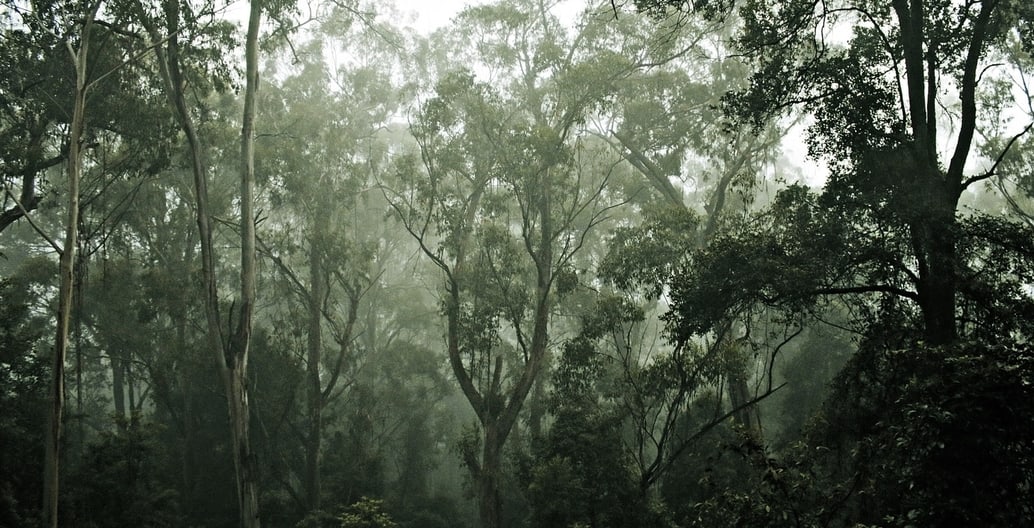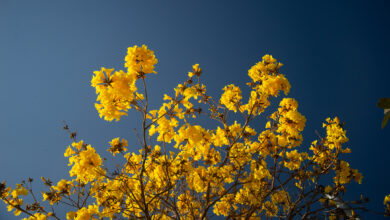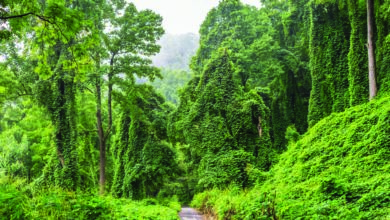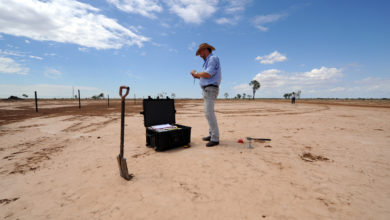
Foreground reads: our pick from around the web in March
Dominating news so far this year are discussions of the rapidly-increasing effects of climate change. It’s not all bad though. And as Australia’s federal budget promises a swag of new infrastructure projects, we look to an old Sydney favourite to shed light on the politics of urban transport.
Australia’s great urban experiment
When is an airport not just an airport? Western Sydneysiders are in the process of finding out with the naming of Western Sydney’s new airport at Badgerys Creek. “It’s not a planning proposition, it’s a political proposition…” If you want to build an airport in Western Sydney, “you will come up with a story about three cities, and about how wonderful things will be in the third city. If you are a planner, you would see you don’t want to go further west.”
Source: Inside Story
The runaway insurance effect
Mitigating the effects of climate change just got real. Roughly 850,000 homes in Australia — nearly one in 10 — could be “uninsurable” within a few generations unless there are fundamental changes to where and how properties are built, a leading climate analyst says. With the insurance industry already on the brink of dangerous market failure, taxpayers may soon be picking up the bill for recovery. This gives new impetus to design intervention and arguments for appropriate site development, materials choice and ongoing calls for investment in sustainable building and landscape practices.
Source: ABC News
Netflix’s Our Planet says what other nature series have omitted
Slipping into April, this is no fool’s joke. This new series repeatedly, unambiguously, and urgently, reminds its viewers that the wonders they are witnessing are imperiled by human action. The dilemma of wildlife documentary makers is also that of landscape designers – and everyone involved in land development: how do we find and represent the beauties of nature while sharing the compelling difficulties and dangers of what is learnt through that search? How might the relatively small gardens we can build have resonance with the wonderful and terrible conditions of wider threatened landscapes?
Source: The Atlantic
The other kind of climate denialism
To anyone who has been paying attention, the broad strokes of David Wallace-Wells’s new book “The Uninhabitable Earth” come as no surprise. We are racing toward—in fact have already entered—an era of water shortage, wildfire, sea-level rise, and extreme weather. To read the book is to ask hard questions about one’s own future. Yet Wallace-Wells has also stressed that there is no place for fatalism. The thing to grieve is not the Earth’s habitable climate but, instead, the century of carefree car-driving and reckless deforestation, meat-eating and flying around the world. Overhauling the fossil-fuel economy will represent a true loss… But to do anything less is to go insane.
Source: The New Yorker
Trees are at the heart of our country – we should learn their Indigenous names
Here’s something positive we might do! This year is the United Nations international year of indigenous languages. In this year how wonderful it would be for Australians to learn the original names of our trees? Learning the indigenous names of trees exposes us to understanding and knowledge systems that connect us to deep histories and the meaningfulness of place. “When we destroy trees, we destroy ourselves. We cannot survive in a treeless world.”
Source: The Guardian
Seafood for thought: how to profit Aboriginal culture from restaurant plates
In the latest of several good-news stories about the potentials of commercialising and sharing indigenous foods, an academic looks to help establish a boat-to-table market in Tasmania bringing together restaurant chefs and Indigenous fishing. Trawlwulwuy woman Emma Lee is one of many people working to advance Indigenous tourism, inspired by the Winter Feast at last year’s Hobart’s Dark Mofo festival which showcased fresh seafood made with native ingredients. A key component of the nightly fireside gatherings was explaining the provenance and traditions around the food guests were eating.
Source: NITV


